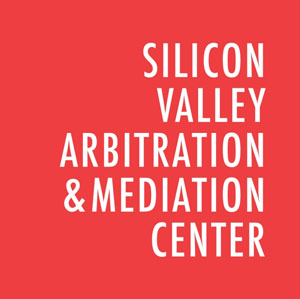The pandemic crisis has hit our judicial system. Courts have had to close their physical doors to protect the judiciary, their personnel and the public. Many are struggling to convert their technological backbones to allow employees to function remotely and to conduct at least emergency matters. During these necessary transitions, another curve is growing, the curve of backlogged cases. Although not deadly or life threatening to legal professionals as it has been to our medical heroes, it has the potential to undermine justice system and we must flatten that curve.
This delay in the administration of justice cannot be indefinite. People need to have family, business, and all manner of needs addressed. Corporations with patent, merger, class action, employment, contract and every variety of commercial dispute including “bet the company” matters must have a timely path to resolution.
So what can the legal community do right now? How do we demonstrate professionalism?
Right now, the legal community can, like medical workers, acknowledge that we cannot ignore the crisis or assume that business as usual can continue. We must be proactive—
The ADR community has proved particularly nimble in creating video-conferencing alternatives for dispute resolution right now, just when they are urgently needed. There have already been hundreds of video-conferenced mediations and settlement conferences. There are protocols for online arbitrations provided by providers and arbitrators, including the AAA, ICDR, the ICC and the Chartered Institute of Arbitrators. The Silicon Valley Arbitration & Mediation Center has published resources for neutrals during this pandemic. See https://svamc.org/technology-resources-for-arbitration-and-mediation-practitioners/
We all must commit to communicating in order to resolve and abbreviate pending matters; many settlements may be handled through negotiation – we can start that process, encourage “settlement days” and provide scripts for opening or welcoming settlement discussions. We can encourage mediation and provide video-conferencing solutions; we can offer arbitration by submission.
In short, we can fully engage in promoting real and well-thought-out alternatives that will assist the courts and improve access to justice and enable timely resolution of disputes by taking full advantage of the global ADR infrastructure.
Let’s all commit to being part of the solution—because we belong to a profession that is and should be dedicated to preserving our system of justice.

